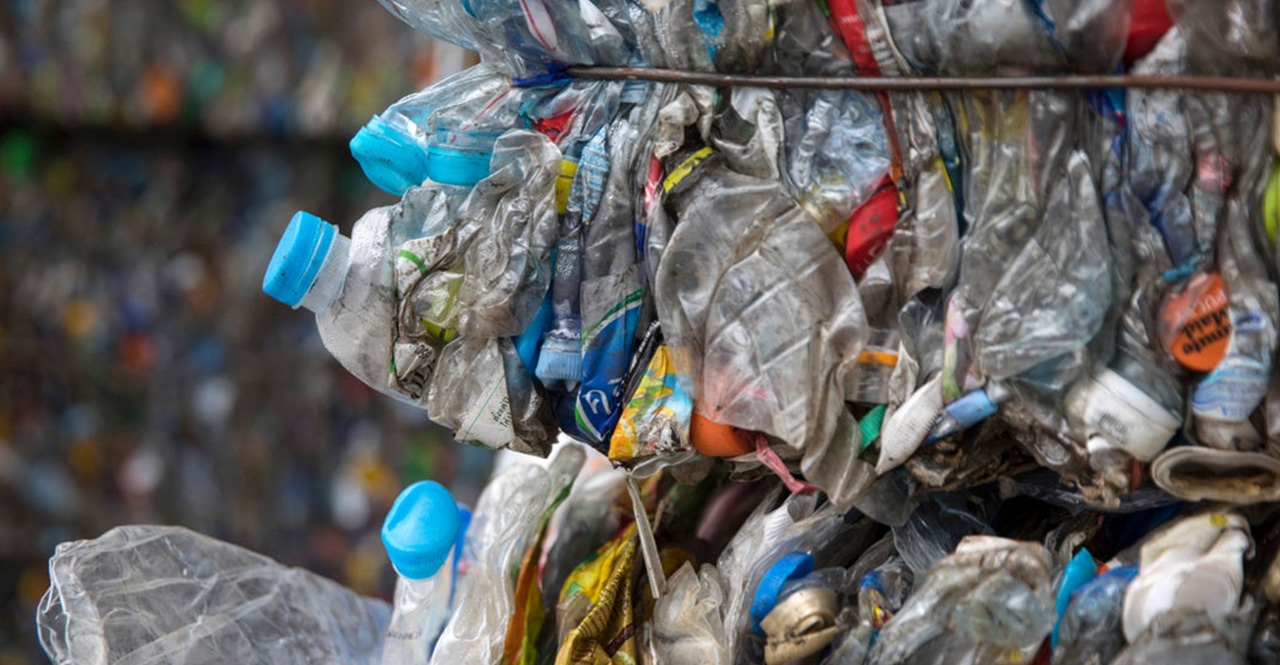Discovering the Value of Reclaim Waste in Sustainable Waste Monitoring Initiatives
In the realm of sustainable waste administration, the idea of reclaiming waste becomes a vital part that requires attention and consideration. As we navigate the intricacies of contemporary waste disposal practices, the significance of redeeming waste reveals a nuanced method to mitigating environmental influence and promoting a more lasting future. By analyzing the intricate interaction between waste recovery and sustainable waste management campaigns, we begin to untangle a story that extends past conventional garbage disposal techniques. Via a lens that prioritizes source effectiveness and ecological preservation, redeeming waste provides an engaging opportunity for addressing pressing ecological difficulties while leading the way for cutting-edge services in the world of waste management.
Significance of Reclaiming Waste
Why is redeeming waste essential in lasting waste monitoring techniques? Redeeming waste plays a critical duty in lasting waste administration by minimizing the amount of waste sent to land fills, preserving all-natural resources, and minimizing ecological influence.
Moreover, recovering waste fosters a circular economy where products are reused and recycled continually, advertising a much more sustainable and reliable use sources. It also adds to the production of eco-friendly jobs and financial growth in the recycling and waste management field. By integrating waste reclamation techniques into waste management approaches, neighborhoods and businesses can relocate in the direction of an extra sustainable future, where waste is checked out not as a problem but as a beneficial resource.
Advantages for the Environment
In the realm of lasting waste management, the method of redeeming waste not only reduces and saves all-natural resources waste sent to garbage dumps yet also generates substantial benefits for the atmosphere. By redeeming waste products, such as metals, glass, plastics, and raw material, the ecological impact of resource removal and manufacturing is lessened (Industrial waste water treatment). This leads to decreased power intake, reduced greenhouse gas discharges, and reduced degrees of air and water air pollution associated with extracting basic materials
Moreover, redeeming waste aids in the preservation of biodiversity and all-natural habitats. It decreases the requirement for land fill room, therefore minimizing land degradation and habitat damage. Furthermore, the process of recovering waste typically entails recycling and repurposing products, which consequently reduces the need for brand-new products and the associated energy and resources required for their production.
Payment to Round Economic Situation
Playing a crucial duty in cultivating sustainability and source performance, redeeming waste makes a significant payment to the circular economy. By reintroducing disposed of products back right into the production cycle, redeeming waste minimizes the requirement for virgin sources, therefore reducing the overall ecological impact of source removal and usage. This process aligns with the concepts of the round economic climate, which emphasizes optimizing the value and utility of sources with closed-loop systems.
As a result, redeeming waste helps to create a much more resistant and lasting economic situation that is much less dependent on scarce resources and vulnerable to interruptions in the supply chain. Ultimately, by integrating waste improvement methods right into waste monitoring efforts, neighborhoods and services can actively contribute to building a more regenerative and round economic situation.
Lowering Land Fill Waste

In addition, applying waste-to-energy innovations can assist in decreasing the volume of waste sent out to garbage dumps while also creating power. Encouraging using multiple-use products, such as shopping bags and canteen, can substantially decrease the quantity of waste that eventually ends up in land fills. Education and learning and awareness projects on appropriate garbage disposal and the value of decreasing, recycling, and recycling can likewise play an important role in minimizing landfill waste. By focusing on the reduction of land fill waste, sustainable waste monitoring methods can be enhanced, causing a healthier setting and economic climate.

Future Ramifications
Taking into consideration the quick advancements in technology and evolving environmental challenges, the future implications of sustainable waste management are poised to change existing methods. The adoption of ingenious technologies such as artificial knowledge, Web of Things (IoT), and blockchain can greatly boost waste surveillance, sorting, and recycling procedures. These improvements allow real-time tracking of waste streams, recognition of recyclable materials, and improved performance in resource allotment.
Furthermore, the change in the direction of a circular economy model, where sources are recycled, recycled, or upcycled, will certainly become significantly prevalent. This shift not just decreases the dependence go to website on virgin materials however additionally reduces waste generation, bring about a more ecologically pleasant and lasting waste management technique.
Furthermore, the combination of lasting waste monitoring practices into more comprehensive sustainability agendas is expected to get grip. Industrial waste water treatment. Organizations and federal governments worldwide are recognizing the significance of waste decrease and recycling in combating environment change and promoting a circular economic situation. Therefore, policies and policies sustaining lasting waste management initiatives are likely to end up being much more rigid, driving sectors in the direction of even more environmentally friendly methods
Final Thought
In final thought, the relevance of redeeming waste in lasting waste monitoring campaigns can not be overemphasized. By recovering waste, we can minimize environmental effect, contribute to a circular economy, and reduce landfill waste. This look at this web-site approach holds promise for future implications in waste monitoring techniques, highlighting the value of resource efficiency and ecological sustainability. Redeeming waste is a critical action in the direction of producing a more ecologically friendly and lasting future.
By taking a look at the elaborate interplay in between waste recovery and sustainable waste management initiatives, we begin to unwind a narrative that prolongs past standard waste disposal techniques. Redeeming waste plays an essential function in lasting waste monitoring by lowering the quantity of waste sent to landfills, preserving natural resources, and decreasing ecological impact. By including waste improvement practices right into waste administration communities, services and strategies can relocate towards an extra sustainable future, where waste is checked out not as a burden however as a valuable source.
